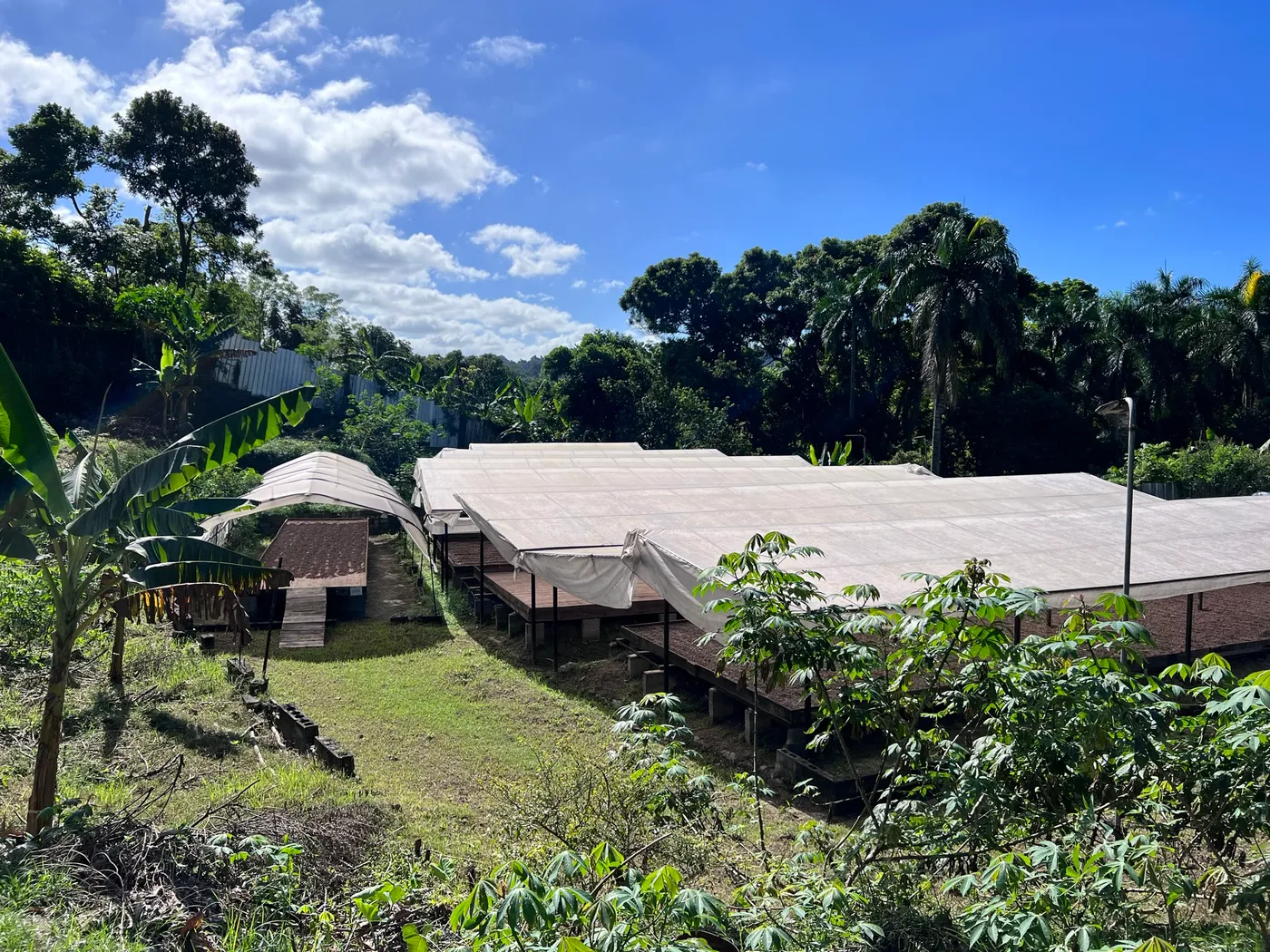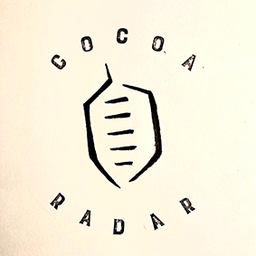Cocoa rose almost threefold in the London Futures Market from £2,741 per tonne at the close of the market on 2 October 2023 to £8,218 per tonne on 19 April 2024. After months of significant volatility, the price has moved sideways from £5,000 to £5,700 per tonne. This means that farmers operating in unregulated markets, like the Dominican Republic, enjoy higher revenues, which also attracts criminal elements.
In an update on the company’s website highlighting its 2023 Sustainability Report, Pronatec says its YACAO processing plant (where beans are fermented and dried before being shipped to Europe) has doubled its security staff to guard its cocoa warehouses.
It has also added more security to its logistical operation on the island. It says its cocoa is transported to the main ports and exported to Europe as quickly as possible.
“This is because, with the current prices, a single lorry load of cocoa beans is worth more than $200,000,” the company said.
The skyrocketing cost of beans is due to a deficit in the main West African cocoa-growing region. Pronatec says it continues to have enough cocoa beans to supply its own purpose-built organic cocoa processing factory in Switzerland. However, it is still facing ‘challenging conditions’ regarding its ability to purchase enough cocoa beans in general.
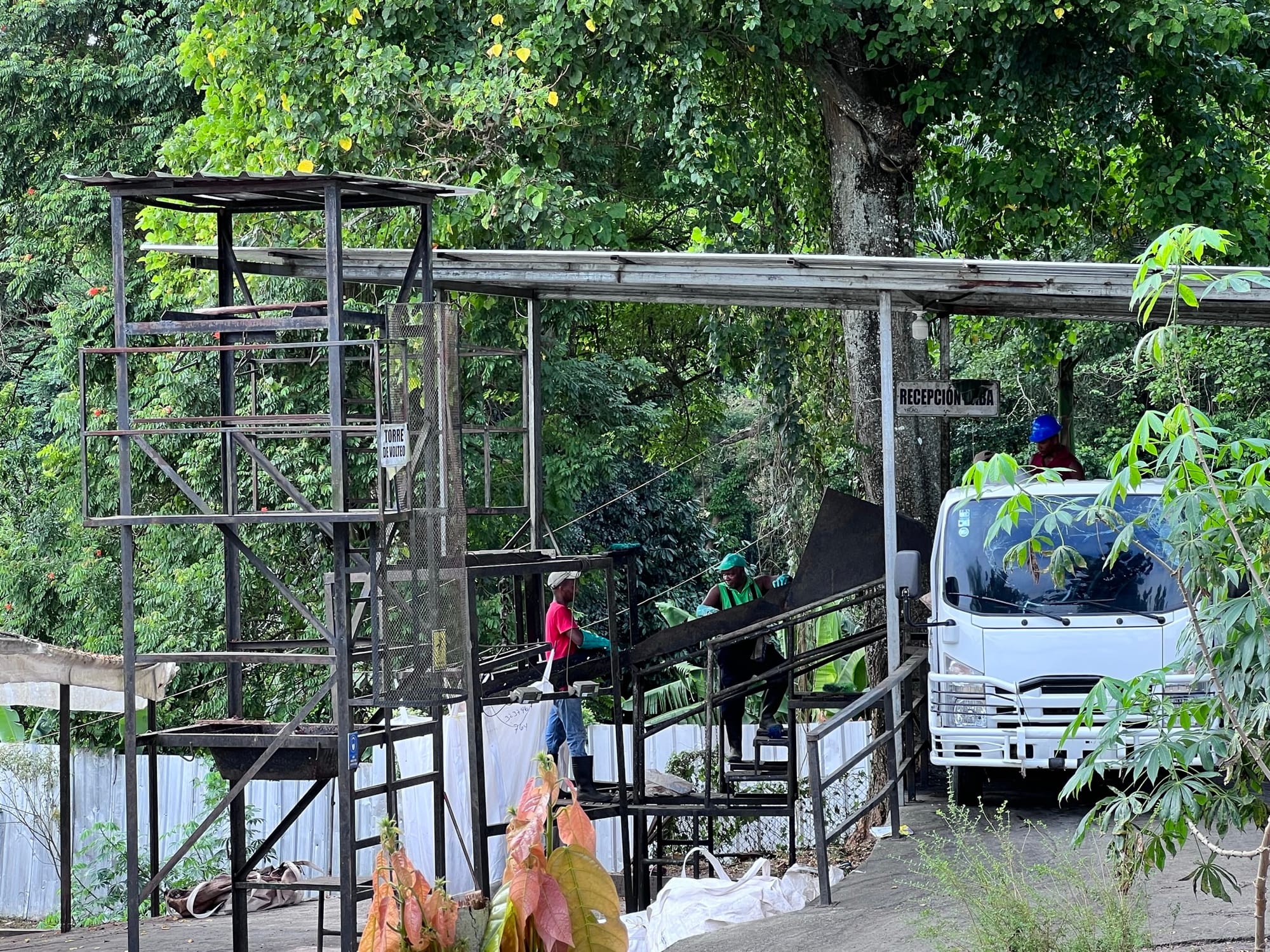
YACAO says it is one of the most transparent and largest exporters of organic cocoa in the Dominican Republic. “Some farmers deliver everything to us without exception; others supply some to us and some to the highest bidders,” it says.
Frequent price adjustments
Kilian Moser, YACAO's general manager, says Pronatec has had to react quickly to market changes.
“Cocoa is scarce, and there are many more buyers on the ground. We will hardly get any cocoa if we set the prices too low. In this case, we must react promptly and adjust our prices upwards. In view of the volatile prices, YACAO now fixes its prices twice a week.”
Another issue cocoa operators face in all cocoa-growing territories is the safe payment of farmers on site. Many small-holder farmers prefer to be paid in cash, which is not easy logistically due to the current high amounts involved.
In the Dominican Republic, smallholders are escorted to a protected room in a bank to ensure the safe cash transfer. Alternatively, an anonymous car without the cooperative’s logo drives out to deliver the money to the farmers.
YACAO says it addresses the cash problem with incentives and encourages farmers to open their bank accounts. Farmers who have a bank account and provide their details are given priority when receiving payments.
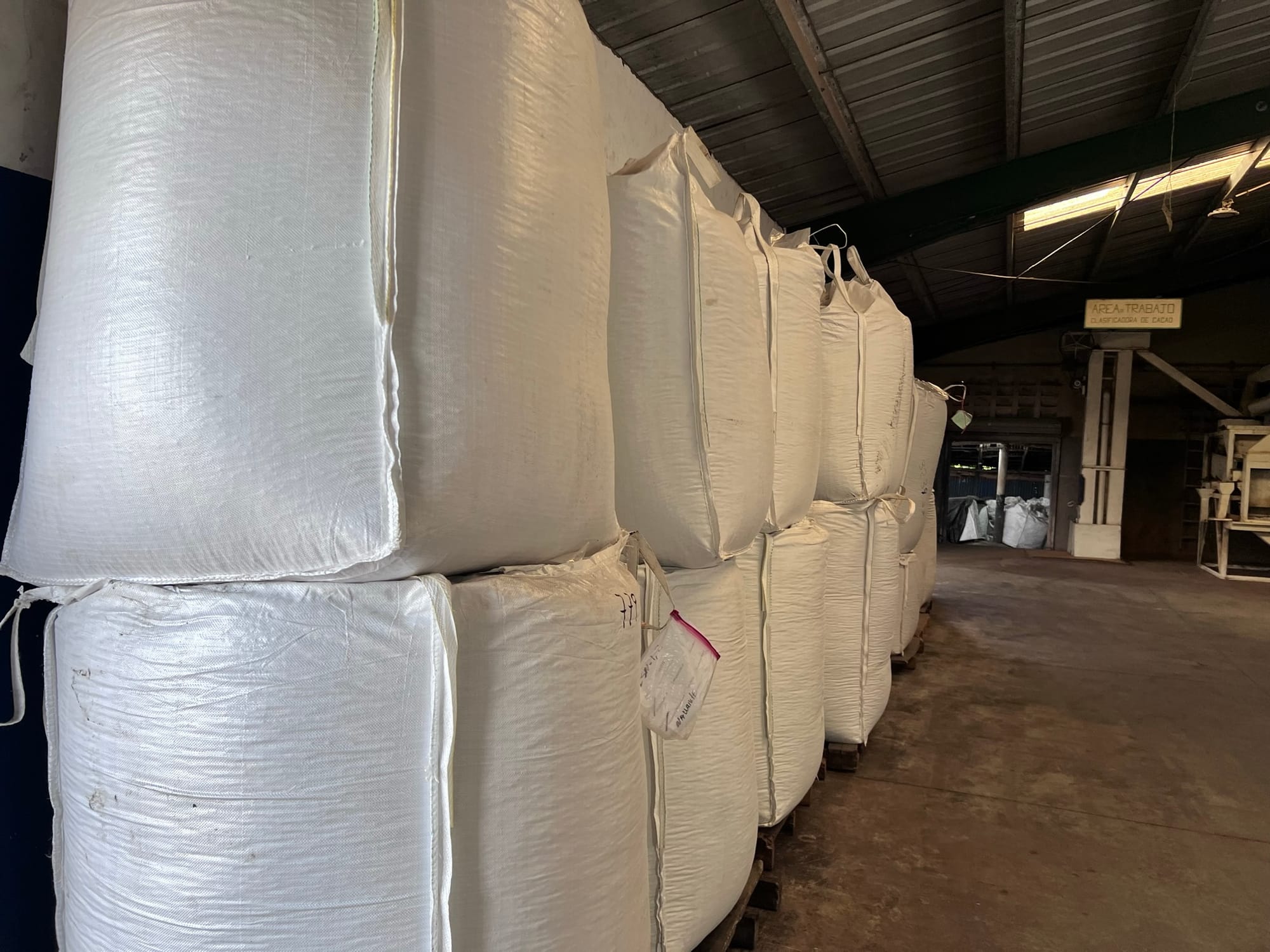
Sustainability report reveals 90% organic certified
In the company’s recently published 2023 sustainability report organic and Fairtrade certification requirements , David Yersin, CEO and owner of Pronatec, says: "All our products are ethically sourced, and around 90% of our cocoa products, chocolate, coatings, sugars, vanilla, and spices are certified organic. A large proportion of them are also Fairtrade certified."
The report highlights the launch of sustainability projects in the countries of origin that go beyond organic and Fairtrade certification requirements and aim to implement more sustainable agricultural practices and foster regional development.
Drop in Fairtrade demand
“In the past year, there has been a drop in Fairtrade premiums due to poor harvests and declining sales of Fairtrade certified goods,” the report highlights.
Pronatec says its certified organic goods can be purchased with or without Fairtrade certification. The report reveals that after some years of constant growth, the proportion of Fairtrade-certified goods has declined over the last year.
The latest figures from the company show that sales without Fairtrade certification reached 53% of sales in 2023 (as opposed to only 32% in 2021).
“On the one hand, this is due to poor harvests at several of our Fairtrade suppliers, mostly in cocoa. On the other, there has been a comparatively low demand on the market.”
It says that some of its customers will buy Fairtrade certified ingredients out of principle, while others do so because they must produce the required ‘label products’ for their customers.
Another group of customers opposes the official Fairtrade standards but still buys Fairtrade-certified products or pays higher prices to support this good cause because this corresponds to their ethical standards.
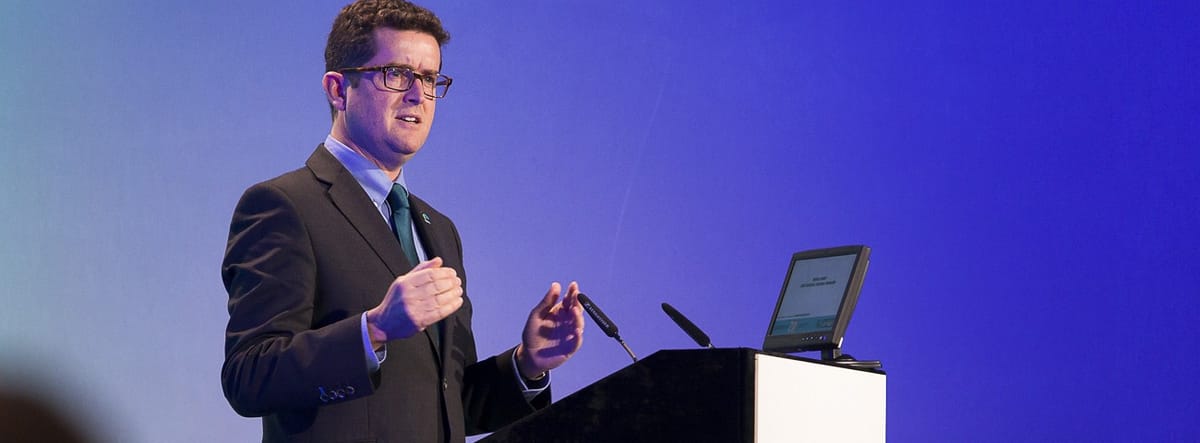
Others, however, buy goods without Fairtrade certifications while asking Pronatec to confirm compliance with Fairtrade standards through lengthy questionaries.
“This stands in stark contrast to the low prices they are willing to pay, which do not allow for a truly fair’ trade worth the term.
“In the current economic situation with the overall price increase and political insecurity, the most committed brands (often the rather expensive ones) are the ones most under pressure.”
The company says its influence on this trend is very limited. “However, Pronatec will strengthen its Fairtrade certified suppliers and help all direct suppliers comply with the increasingly complex certifications, quality requirements, and global trade regulations, such as the EU Deforestation Regulation.”
Pronatec achievements in numbers in 2023:
- Number of suppliers: 24 from 15 different countries
- More than 18,000 tons of goods sold
- More than 15, 000 smallholders growing organic cocoa, sugar cane, vanilla, and spices
- 17 certifications
- 689 containers of goods shipped in 2023
- 1.39 Mio (million(s) USD in Fairtrade premiums
- 93 employees in Winterthur and Beringen, Switzerland
- 67 kg of organic and Fairtrade coffee consumed at our head office.
Pronatec highlights the most significant change since the publication of its last sustainability report, which is the commissioning of its own cocoa processing facility in Beringen, Switzerland. This move has resulted in a major shift for the company from mainly service-oriented work towards both services and food processing.
Other certifications
There is a growing number of sustainability and reporting standards, some of them more general, such as GRI and ISO 14001, and others more specific, such as the SbTI for greenhouse gas emissions.
Pronatec says it does not currently hold any of these certifications and does not intend to introduce any of them.
“This is not due to a lack of commitment to sustainable development,” the report says. “Many of the sustainability standards might help to identify some room for improvement otherwise overlooked and would most probably help to improve our sustainability data.
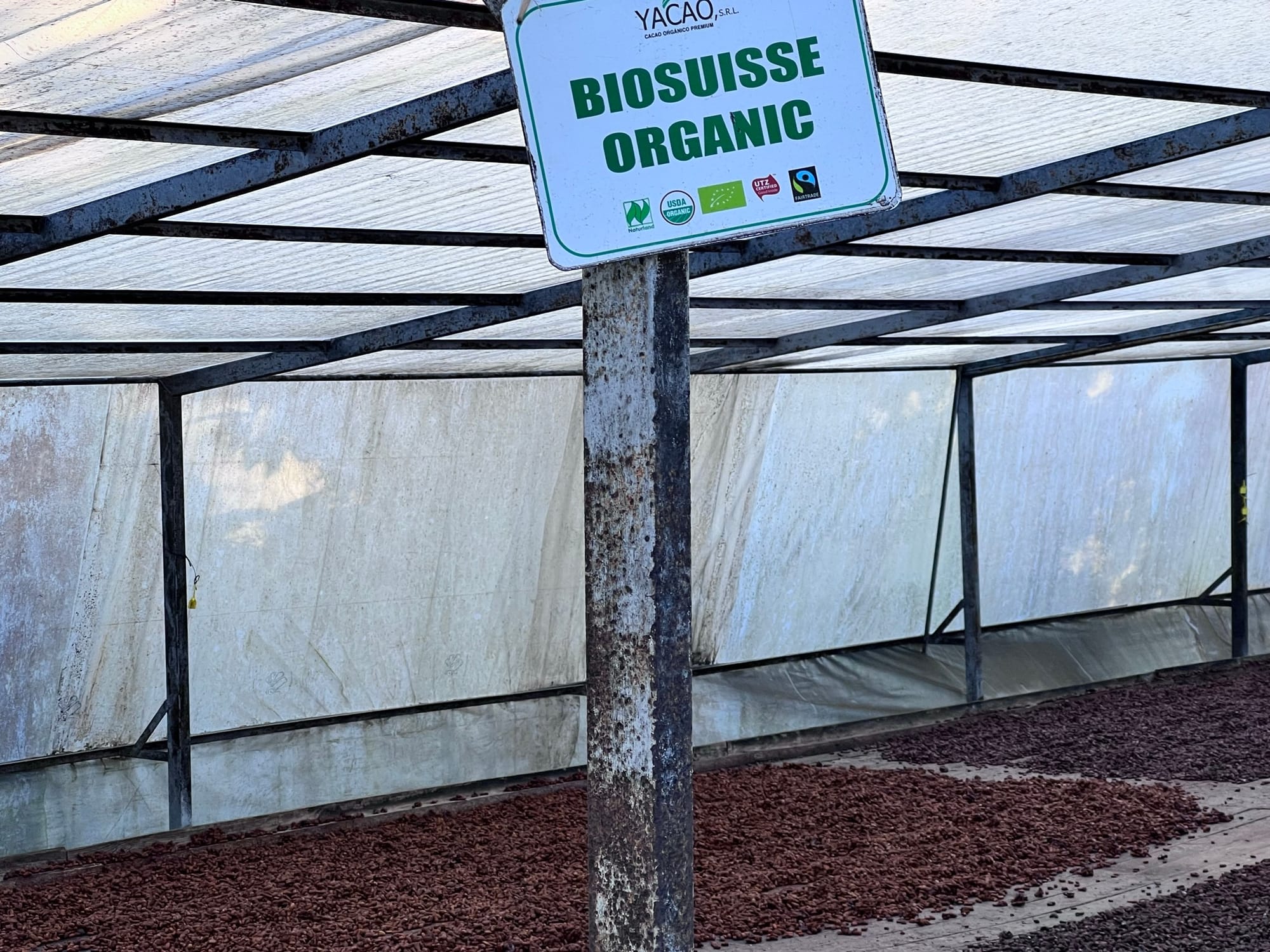
“Still, we are quite positive that the most tangible consequence of introducing any of these standards would be additional cost and paperwork.
“Our certifications and compliance team manages more than 33 external audits every year. Our focus will remain on organic and social (Fairtrade) certifications as well as quality and food safety certifications.
Goal remains to reach 100% organic certified
Pronatec sums up 2023 as having continued to achieve “very good results” but states its, target of sourcing 100% certified organic ingredients has not yet been achieved.
"This is mainly due to a small number of sales of non-organic but Fairtrade certified sugar. As of 2024, we offer our clients the first Regenerative Organic Certified (ROC) cocoa from Latin America. This is our response to increasing customer demand for products from regenerative organic cultivation. The ROC certification supplements existing organic standards with elements relating to sustainability, environmental protection, and social responsibility.”
Pronatec says its organic farming agroforestry systems are already in place, giving it a solid starting point, so it only needs minimal adjustments to obtain the ROC certification.

